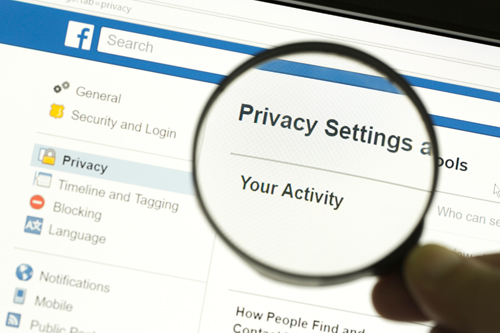In March 2019, Mark Zuckerberg unveiled the new ‘Privacy-focused’ vision for Facebook. He cited WhatsApp as a model for the same. The messaging service WhatsApp has a signature feature called End-to-End Encryption. This feature converts the messages into an undecipherable format that they can only be read when they reach their desired destination(to the intended user).
As Zuckerberg understood that Facebook does not enjoy a good reputation for making privacy-protective services, he planned to apply this encryption feature to Instagram as well as Facebook. He claimed that ‘WhatsApp messages are so secure that not even the company can read the messages.‘ WhatsApp is the largest messaging service in the world. It gained this position because it earned the user’s trust. As we are aware of, only the sender and the receiver can read the messages sent on WhatsApp. However, when Facebook bought WhatsApp in 2015, many were worried about the future of the privacy of the messaging application. But to everyone’s surprise, it hasn’t changed!
The brand campaign titled “ It’s Between You” highlights the company’s commitment to User Privacy. As the market size and penetration of the social media company continues to expand, users are concerned about privacy. The idea is conceptualized by BBDO India. You can check out the new advertisement by WhatsApp here: https://www.youtube.com/watch?v=JVooCcGOyQU
Then, What is the Issue?
The problem is much graver than what it seems on the surface. Although the messages on WhatsApp are encrypted, when a user reports a message, those messages can be reviewed by a human. Reportedly, WhatsApp has over 1000 contract workers who examine the content of the reported messages.
So does that mean the ‘End-to-End encryption‘ assurance is not true?
While it is true that the encryption feature secures the messages and nobody outside the chat can peer into your messages. But, it doesn’t mean that the recipient of the message cannot report it to WhatsApp or share those messages. Many people would argue that it is an invasion of privacy by the company when it is clearly paying 1000s of people to read private messages of users.
In a different viewpoint, it is good that Facebook has created a mechanism that provides help to victimized people while also respecting the privacy of the users.
In Conclusion
The main reason behind the trust deficit of users is that Facebook owns WhatsApp now. The reputation that Facebook holds in terms of privacy and user data security is well-known. Facebook faces a lot of skepticism from users. However, it has tried to market itself as ‘privacy-friendly by focusing on the encryption feature. It only reveals a little about the other ways it uses to collect user data.


